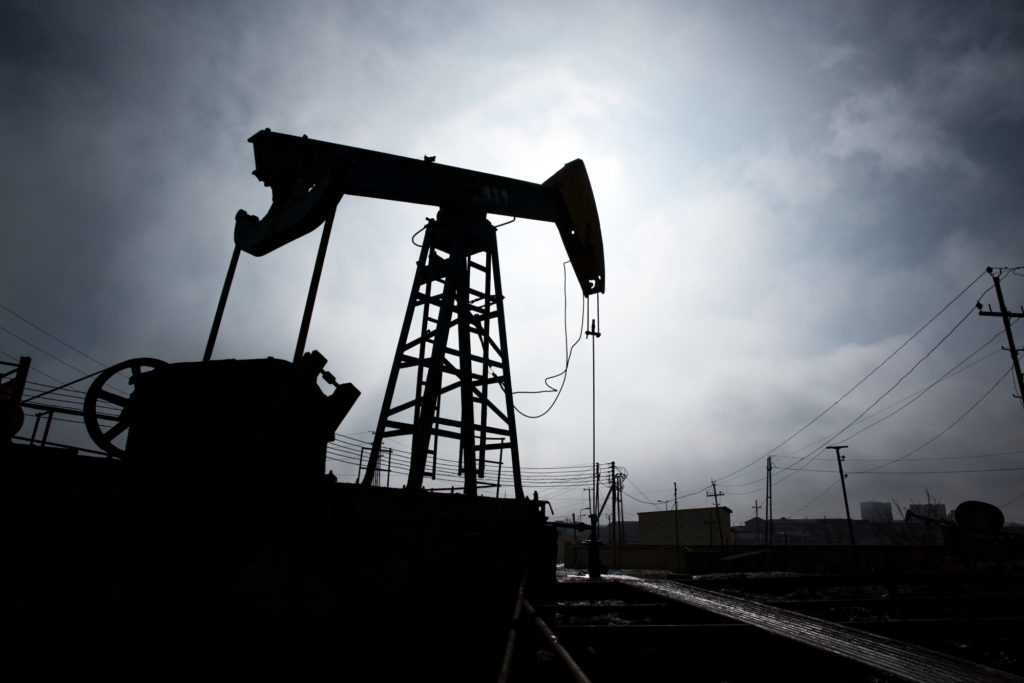
Azerbaijan has picked Minister of Ecology and Natural Resources Mukhtar Babayev as its president delegate for COP29. The official previously worked for the country’s state-backed oil company Socar.
The United Arab Emirates’ COP28 social media account announced the appointment. It also named the lead negotiator as Yalchin Rafiyev.
“We look forward to working alongside the COP29 and COP30 Presidencies, and the UNFCCC to build on the transformative and historic success of COP28 and keep 1.5°C within reach,” said the UAE account.
The next COP meeting will be held in Baku, in November 2024. COP30 will then take place in Brazil’s Belém in 2025.
Irena head Francesco La Camera expressed his congratulations to Babayev. Irena, La Camera said, “looks forward” to working with the Azerbaijan team “to build on the achievement of COP28’s UAE Consensus” and triple renewable energy capacity.
Babayev led Azerbaijan’s delegation to the COP28 talks in Dubai. The minister worked for Socar between 1994 and 2003 in the company’s department of foreign economic relations. He then moved to marketing and economic operations to 2007 before becoming Socar’s vice president for ecology. Babayev continued working for Socar until 2018, when he became the minister for ecology.
In leaked US diplomatic cables in 2008, while working at Socar, he was quoted as talking about 160 years of oil development in Azerbaijan with a “complete lack of environmental awareness or regulation, resulting in the country’s vast ecological problems”.
He talked about remediation for Azerbaijan as a “shared mission and moral imperative”.
Azerbaijan President Ilham Aliyev issued a presidential decree on December 25, designating 2024 as a “green world solidarity year”. Socar announced that, as a result, it would establish Socar Green, to develop renewable energy in Azerbaijan and advance decarbonisation.
Socar aims to reach net zero by 2050. The World Bank reported Azerbaijan’s oil reserves are dwindling and that it was not on track to decarbonise. The country does not yet have a net zero target.
Recommended for you

